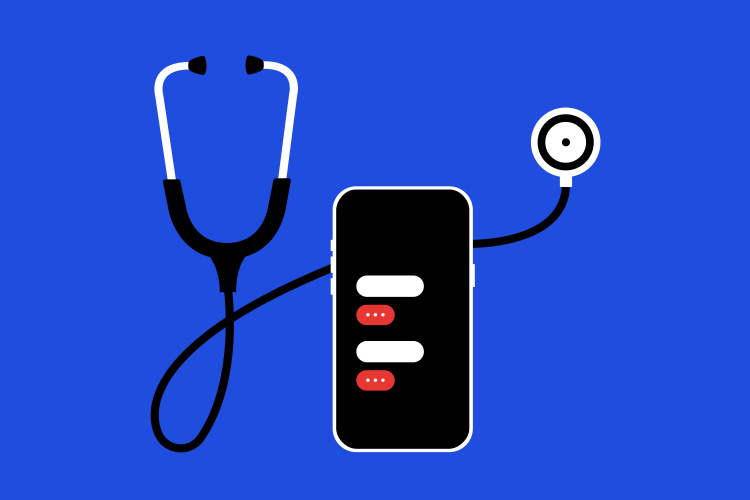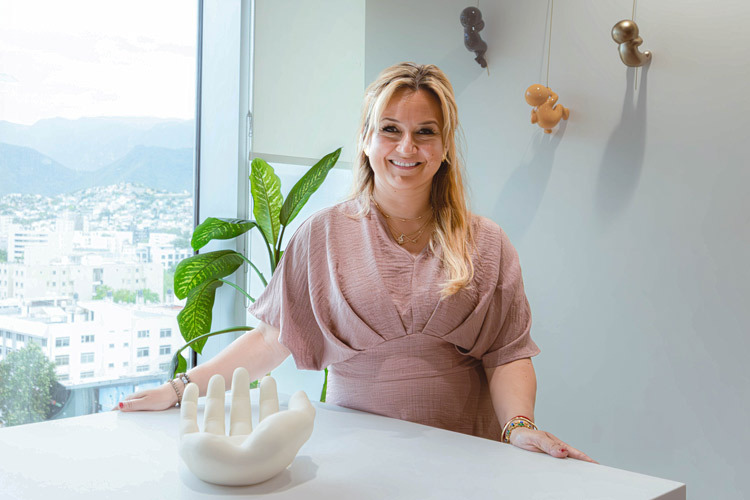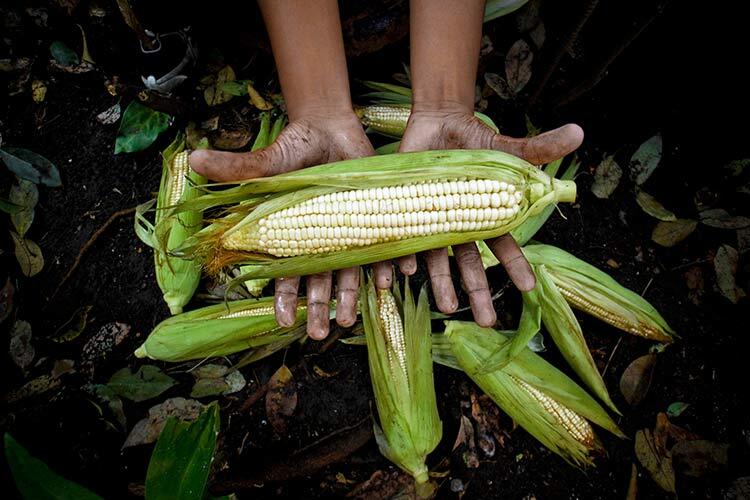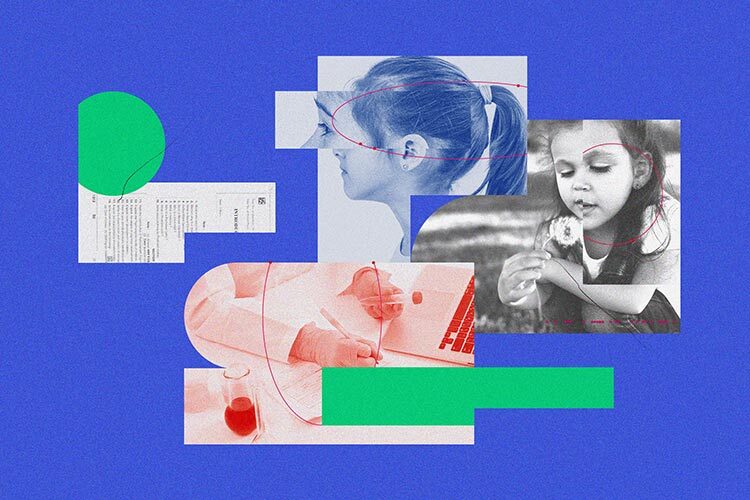Over two and a half years, Cuitláhuac Ruíz Matus, field leader of oriGen Project, and his team knocked on approximately 357,000 doors across 19 Mexican states. Their mission was to convince 100,000 families to share their most personal information with science: their DNA.
oriGen Project aims to sequence the DNA of 100,000 Mexicans that combined with health and lifestyle information will create a database to drive research on how genetic variation affects diseases in Mexico’s population.
But in January 2023, Ruíz Matus began to worry: a device called InBody, which measures body composition, failed after just three days. He wondered how they’d make the equipment last for more than 100,000 people when it couldn’t even last a week. After investigating, they discovered the culprit: a pet parrot had chewed through one of the cables.
The only comparable study in Latin America is in Mexico City where a group of researchers have been following 160,000 people for 25 years. Still, the data is limited to two boroughs and participants over 35 years old.
With Latino populations severely underrepresented in scientific data (95% of genetic studies focus on Caucasian populations), oriGen Project seeks to bridge this critical gap.
Unexpected Challenges Behind a Massive Project
Speaking to an eager audience at the Monterrey campus, Ruíz shared the earlier anecdote to illustrate the unexpected challenges behind one of Mexico’s largest data collection projects.
On a Thursday at the TecMilenio Veracruz campus, the field team completed the genetic sample collection that will create one of the world’s most representative Latino genomic databases. The effort, which began in 2021 during the pandemic, reached an important milestone on August 14 with the completion of phase one.
Aurora Franco Núñez coordinated the field teams and is recognized as one of the region’s most experienced health survey professionals. She acknowledged her team had “to walk the streets in cold, rain, heat, wind, traveling through this country where insecurity is the order of the day.”

“What Goes Unsaid at oriGen,” They Joke
The sampling effort required 80 field workers daily traveling across 21 vehicles with delicate equipment. Once the process was streamlined, they collected between 210 and 230 samples per day.
Getting people to participate turned out to be one of the main challenges. For every 10 houses they approached, 9 completely ignored them. Of the few who did open the door, 70% declined.
Each participant completed questionnaires of up to 700 questions about health aspects such as diet, medical history, lifestyle, and housing conditions. They also provided blood samples and underwent basic physical examinations. The entire process usually took hours per household.
“Field work is what has us here today,” Ruíz acknowledged. “Without a doubt, those who work in public health, those who work in epidemiology, will know that it’s one of the most important links in the chain.“
In different regions across the country, they faced episodes of violence and complications with authorities and local groups. A year ago in Culiacán, Ruíz, Franco, and their team had to evacuate 80 people and 21 vehicles full of laboratory equipment while avoiding suspicions at organized crime checkpoints.
In Guadalajara, they received warnings of nearby shootouts, and in the State of Mexico, they had to negotiate with local authorities and criminal groups to continue their sampling work.
In Chiapas, they got a different reaction. Some indigenous leaders were so enthusiastic that the team had to offer basic measurements even to those who weren’t selected to provide a sample.
“What goes unsaid at oriGen,” Ruíz jokes, referring to their experiences during two and a half years of fieldwork and paraphrasing a popular Mexican TV phrase often used when something feels overly dramatic.

Creating Laboratories in the Field
Maintaining scientific standards presented unique challenges. To address them, Rocío Ortiz, leader of the oriGen bio-repository, designed a temperature monitoring system for each sample. This was crucial given the climates they experienced ranged from bitter cold to suffocating heat.
The team set up 21 temporary laboratories on university campuses, turning classrooms and auditoriums into fully compliant laboratories meeting permanent installation standards.
Through a partnership with biotechnology company Regeneron, samples are sent to their labs in New Jersey for sequencing. So far, the team has sent 70,000 samples. They’ve received 50,000 sequences back from Regeneron, which has praised the high-quality samples from the Tec researchers.
The agreement includes exome sequencing (the genome’s coding regions) for all 100,000 participants and complete genome sequencing for 10,000 with results expected in the first half of 2026.
Pablo Kuri, project director, emphasized that this won’t end in 2026: “These are projects spanning the next two, three, or even four decades.”
With collection completed ahead of schedule, the analysis phase begins. The results promise to transform those 357,000 door knocks into the foundation for medical research for the Mexican populations that have been underrepresented in global genomic studies.
For Mexico, oriGen represents more than a scientific achievement: it establishes the country as an important player in global genomics. And for the field team, each sample represents more than data points. They’re families who opened their doors and trusted that their participation could improve their country’s future health outcomes.
Did you find this story interesting? Would you like to publish it? Contact our content editor to learn more at marianaleonm@tec.mx
















